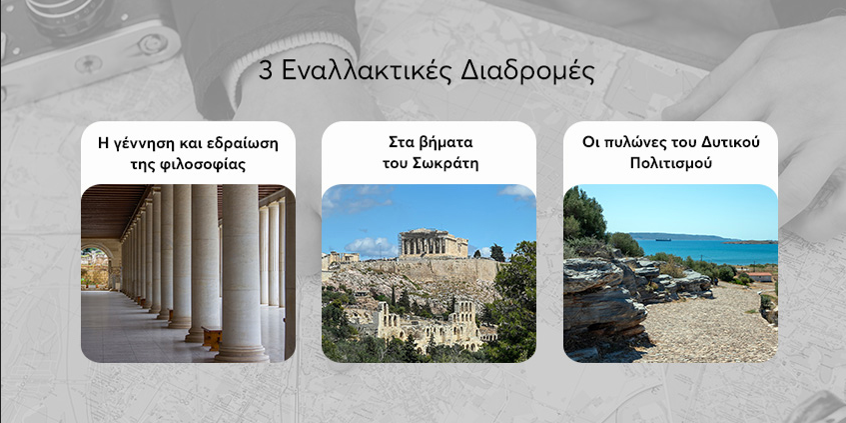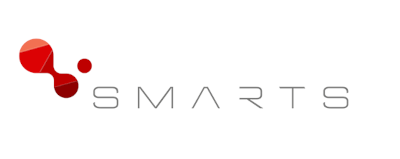

The object of the project is the design and implementation of an integrated platform for the management of cultural content, aiming on the one hand to cover the gap in existing services for the provision of philosophical and cultural tourism for the wider region of Attica, and on the other hand to enhance the accessibility of Attica’s unique cultural heritage and its productive exploitation at a social, educational and economic level.
More specifically, the project will develop a platform for the organisation, management and promotion of cultural content as well as advanced services and applications for the promotion and enhancement of this content, which will allow users of all ages, regardless of previous experience or knowledge, to get to know digitally or in situ archaeological sites of cultural and tourist interest and to connect them with the physical, geographical area where they were born and developed. A key feature of the platform will be the availability of high quality digital material (texts, 360o images, 3d images, podcasts), popularized but academically valid, which will record, highlight and present in an understandable and entertaining way, places of special interest, promoting their dominant cultural products.
The innovation of the project consists in the adoption of an experiential approach to the presentation of the content, which is based on the triptych Connect, Reflect, Experience. This approach will lead to the targeted design and development of services through which the user first connects to the digital environment, then reflects on the thematic content and finally participates in an experience that allows him/her to become part of and identify with the experience of the intellectual people and creators who worked in the places presented on the platform. The user is guided in this experiential use of the services with the help of two digital guides: a teacher and a guide. The digital tour guide acts as a guide for the user’s cultural journey, proposing the best route in terms of a conceptual connection or entertainment background, always in accordance with the user’s expressed wishes. Similarly, the role of the digital teacher is to simulate a teacher/student relationship that will aid understanding as the user reflects on the thematic content. The digital teacher is also tasked to ‘pester’ the user every now and then at key points in the station with key philosophical questions in order to make the user reflect and deepen their experience. At the same time, the platform will include a user reward scheme towards ensuring the sustainability of the platform and its ‘by-products’.
The platform will offer its services both to visitors of the specific sites (Travelers), through a specialized application for smart devices, and to stakeholders whose circumstances do not allow their presence on site (Dreamers) through a dedicated website. These distinct channels, which will be developed in the framework of the project, will access the same content as organised in the digital repository of cultural information on the platform, but will offer differentiated services adapted to the specificities and role of each interface.
The platform develops and relies on a dynamic ecosystem-marketplace of collaborating entities:
- Content producers, who produce all the content for each point
- Experts, who prepare science-based content
- Guides/guides, who will participate in guided tours with users
- Partner companies, mainly hotels and tourism businesses, who will participate in the platform’s loyalty programme and will also contribute to the promotion of the platform to end-users
